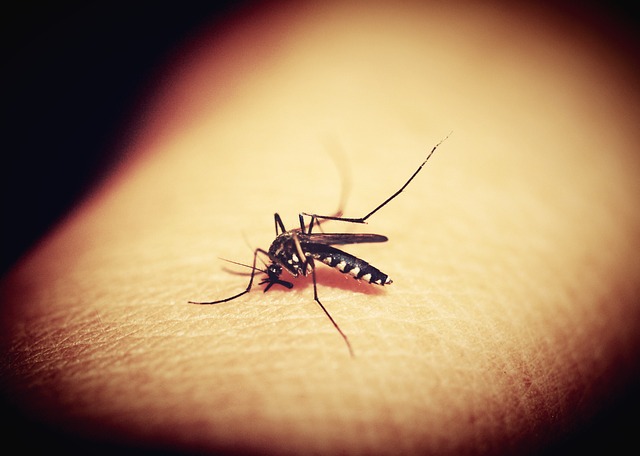
Among the numerous types of cancer, bladder cancer is the fifth most common. According to the latest statistics from the American Cancer Society, there are nearly 79,030 cases of bladder cancer yearly — 60,490 males and 18,540 females. Among those cases, about 12,240 of the males and 4,630 of the females, or a total of 16,870 eventually die from the disease. Bladder cancer is most common in older people; about 90% of those diagnosed with the disease are over 55 years old. And men are 3 to 4 times more likely to develop this disease than women.
Early symptoms of the disease include blood in the urine, pain or burning sensation when urinating, difficulty in urinating, and the need to urinate more often than usual. Symptoms of the advanced stage include being unable to urinate, lower back pain on one side, unexplained weight loss, tiredness, swelling in the feet and bone pain.
Treatment for bladder cancer is one of the most expensive, with chemotherapy being the primary weapon against it. Unfortunately, extremely aggressive bladder tumors are almost impossible to treat — they are resistant to chemotherapy because the anti-cancer drugs don’t find their way into the tumors. As reported by The University of British Columbia, scientists from the said institution may have found a way to work around this persistent dilemma. And it’s through the use of a protein derived from a malaria parasite known as VAR2CSA.
Based on previous studies done, it has already been established that the VAR2CSA protein can be used to deliver cancer drugs directly into tumors because it binds to a sugar molecule that can only be found in cancer tumors and the placenta of pregnant animals. The latest findings show that VAR2CSA can be effective against bladder cancer because the same sugar molecule can be found in bladder tumors. Additionally, the sugar seems to become more abundant in tumors that progress after having been treated with cisplatin, a standard chemotherapy drug.
To conduct their study, the team implanted highly aggressive bladder cancer tumors into the bladder of mice. The lab mice were then treated with the malaria drug. After 70 days, about 80% of the treated mice remained alive while the untreated ones (from three separate control groups) all died from bladder cancer.
This development comes at the perfect time as there have been quite a few advancements in this area, and researchers have long been trying to find new treatments for this particular type of chemotherapy-resistant cancer.
As explained by Mads Daugaard, one of the lead authors of the study: “Chemotherapy is the mainstay of treatment and only a minority of patients respond to the second treatment option, immunotherapy. We’re very excited by these results because it shows that we are on our way to developing a completely new treatment option for lethal bladder cancer. It has the potential to have a tremendous impact on patient care.”
Clinical trials will begin once the team is able to design a process for large-scale manufacturing of the VAR2CSA drug combination.
The team describes their newly developed drug in a paper recently published in the journal European Urology.

Leave a Reply